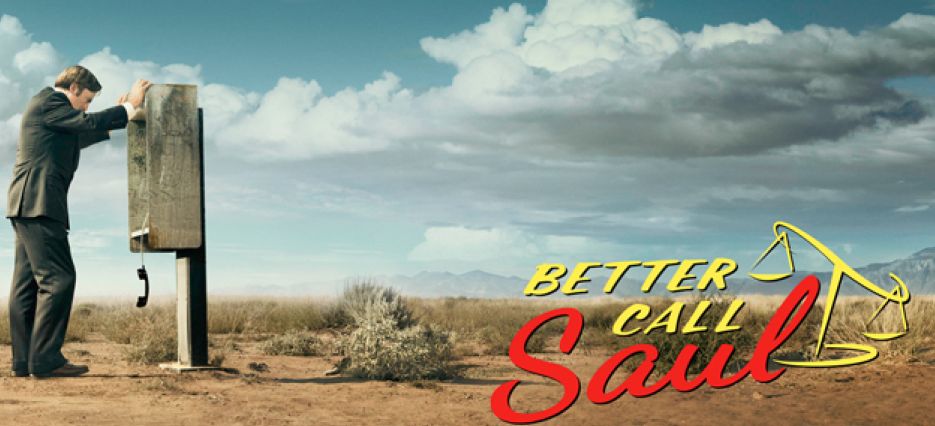Άλλη μία διάκριση για το Βreaking Bad από το περιοδικό GQ που επέλεξε το αντρικό cast της σειράς ως το καλύτερο της τηλεόρασης !!! Διαβάστε την απολαυστική συνέντευξη παρακάτω :
Does any show say more about the jittery times we live in than AMC's Breaking Bad? Creator Vince Gilligan's New Mexico-set TV noir debuted mere months before the Great Recession hit, and its ultra-savvy parable of the decline of American morals just keeps on getting more resonant. If our Depression-era forebears had The Grapes of Wrath to identify with, we've got the indelibly named Walt White—once an upstanding high-school chemistry teacher, now cooking meth for big bucks to provide for his family before cancer does him in.
With just one season left to go, Breaking Bad has shifted from being all about Bryan Cranston's triple-Emmy'd (so far) lead performance to the best ensemble show on TV. This year, we were spun around four compromised points of the male compass: brains (the increasingly Machiavellian Walt), ego (Giancarlo Esposito's drug kingpin Gus), heart (Aaron Paul's Jesse, Walt's reluctant sorcerer's apprentice), and pure testosterone (Dean Norris as Hank, Walt's DEA-agent brother-in-law—who's got a supernally wise dark-side twin in Jonathan Banks, Gus's head enforcer). Which one we get off on most says as much about us as picking our favorite Beatle.
Gilligan gives his actors full props for inspiring story developments he hadn't planned on. "Gustavo was not supposed to be a continuing character," he says. "And in the first season, I thought of Hank as just a foil for Walt." Seeing what Esposito and Norris brought to the party changed his mind, and Gilligan is just as high on Paul's metamorphosis. "In a way, Jesse has turned into the show's moral center—and that points out what a dark show it is. If there's any justice in this world, after Breaking Bad ends, Aaron will go off and become a big movie star."
Nonetheless, Cranston is still definitely first among equals. "He's an actor's actor, because he listens," says Esposito. "He's the chess opponent you want."
Does any show say more about the jittery times we live in than AMC's Breaking Bad? Creator Vince Gilligan's New Mexico-set TV noir debuted mere months before the Great Recession hit, and its ultra-savvy parable of the decline of American morals just keeps on getting more resonant. If our Depression-era forebears had The Grapes of Wrath to identify with, we've got the indelibly named Walt White—once an upstanding high-school chemistry teacher, now cooking meth for big bucks to provide for his family before cancer does him in.
With just one season left to go, Breaking Bad has shifted from being all about Bryan Cranston's triple-Emmy'd (so far) lead performance to the best ensemble show on TV. This year, we were spun around four compromised points of the male compass: brains (the increasingly Machiavellian Walt), ego (Giancarlo Esposito's drug kingpin Gus), heart (Aaron Paul's Jesse, Walt's reluctant sorcerer's apprentice), and pure testosterone (Dean Norris as Hank, Walt's DEA-agent brother-in-law—who's got a supernally wise dark-side twin in Jonathan Banks, Gus's head enforcer). Which one we get off on most says as much about us as picking our favorite Beatle.
Gilligan gives his actors full props for inspiring story developments he hadn't planned on. "Gustavo was not supposed to be a continuing character," he says. "And in the first season, I thought of Hank as just a foil for Walt." Seeing what Esposito and Norris brought to the party changed his mind, and Gilligan is just as high on Paul's metamorphosis. "In a way, Jesse has turned into the show's moral center—and that points out what a dark show it is. If there's any justice in this world, after Breaking Bad ends, Aaron will go off and become a big movie star."
Nonetheless, Cranston is still definitely first among equals. "He's an actor's actor, because he listens," says Esposito. "He's the chess opponent you want."


No comments:
Post a Comment